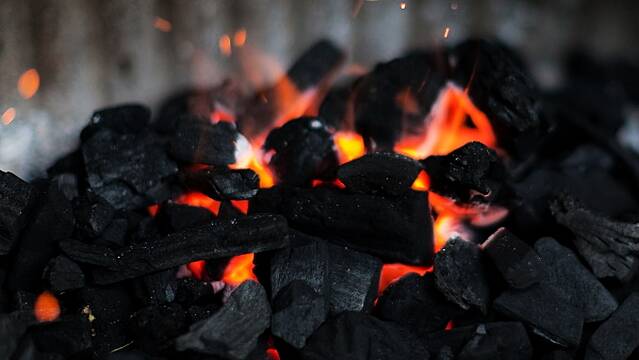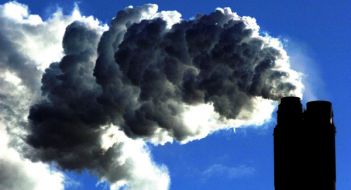A strict ban on all domestic solid fuels will be introduced across the State from next year, The Irish Times reports
It will mean the most polluting of home-heating fuels will no longer be available, the Minister for the Environment has announced.
The move will, in effect, put in place a national smoky coal ban by extending restrictions beyond designated cities and towns.
The regulations are designed to curb air pollution and its impact on public health, especially the threat from particulate matter arising from solid fuel burners.
Given the extent of changes that will be required in home heating, the announcement gives notice to fuel suppliers to end the sale of certain products, including many being imported.
From 2022 coal, coal-based products, any manufactured solid fuel or peat briquettes sold in the State will be required to have a smoke emission rate of less than 10grams/hour, reducing to 5g/hr by 2025.
Sulphur content permitted for all fuels will be reduced from 2 per cent to 1 per cent over time.
Rights to harvest
Wood sold in single units under 2 cubic metres in size will be required to have a moisture content of 25 per cent or less moving to 20 per cent within four years. Wet wood sold over these volumes will be required to come with instructions for the purchaser on how to dry this wood.
To accommodate those with rights to harvest sod peat, no ban on its burning will be introduced. Such a move would be politically fraught in parts of the west and midlands where small scale extraction takes place.
The Irish Heart Foundation (IHF) welcomed the new measures which they said will reduce the number of lives lost to dirty air in Ireland.
The charity called it a “huge step” in reducing the impact of toxic air pollution.
Speaking about the news, advocacy officer for the IHF, Mark Murphy said: “Air pollution is responsible for over 1,300 deaths every year in Ireland, with the vast majority of these due to heart disease and stroke.
“These measures will have a significant impact on this largely preventable loss of life as well as improving overall levels of public health.
Mr Murphy said there is “no safe level of exposure to air pollution” but the updated regulations is a move in the right direction to a cleaner environment.







